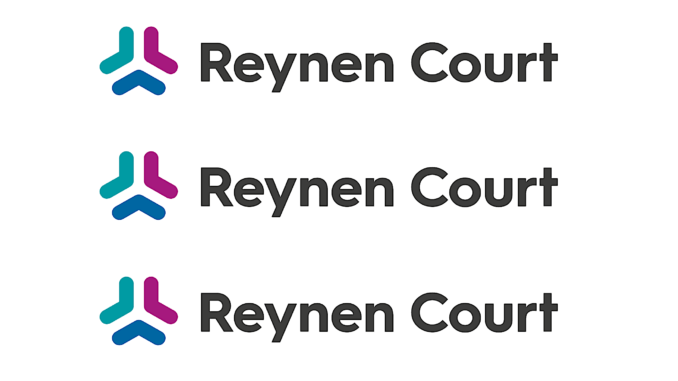
Legal sector ‘app store’ Reynen Court is aiming to simplify the procurement of tech solutions using model contracts that it has built with its consortium members and software vendors. It’s another example of contract standardisation’s growth in the market.
Head of Strategy, Christian Lang, who is currently based in Amsterdam, told Artificial Lawyer: ‘By using standard contracts we want to take time and cost out of the procurement process.’
‘Law firms can spend a lot of time and money on evaluating new tools, and part of that cost is in the contracting process,’ he said, and highlighted the sometimes complex scenario involved in setting up an agreement to cover a Proof of Concept (Poc) of a new vendor’s software.

‘Sometimes you can end up with a ‘war of forms’, so we need to facilitate the contract experience,’ he added and pointed out that for Reynen Court making contracting better and more standard was all part of the company’s overall philosophy, which is to make the procurement of legal tech, whether just for a pilot, or a long-term deal, as easy and painless as possible.
Expanding on this philosophy Lang (pictured above) added: ‘We are a platform that aims to drive up standardisation in order to reduce the cost of tech procurement. We are the enabling middle ware, we are the pipes and plumbing.’
To develop the model for PoCs they talked to several large law firms in their consortium, such as Clifford Chance and Latham & Watkins, as well as many of the vendors, and also asked them to send in the documents they used.
They then, in collaboration with these parties, rationalised the documents down to a standard contract, although they have allowed for parties to make them more bespoke and add in additional aspects. They also took some external legal advice.
The key thing is that now, if parties want to, they can all work off the same, shared, standard contract. That no doubt will become more and more useful as buyers return to Reynen Court to engage with further tech tools, while for the vendors they know they can work off a document they’ve used before for each and every PoC that they set up via the platform.
This gives parties confidence as they know they are now working with terms they’ve used before, and it should broadly speed up the overall process and make it more predictable.
Artificial Lawyer asked if this was like the oneNDA project? Lang said that there were similarities, although at the moment the model contracts they are building are not going to be made public for everyone’s use – although he added that such an approach could potentially be something they looked at.
In terms of analogy, Lang said that the most similar approach would be ISDA’s model contracts, (which are for derivatives). ‘So, this is a base agreement, and then parties can modify it, but you have the core terms that are standardised,’ he noted.
The idea is to eventually have more contract types that are standardised, including NDAs, and more general ‘BAU agreements’.
He concluded by saying that the PoC model contract is now live, and there are in fact several law firm deals going through at the moment using it.
The news comes as the platform hits around 140 vendors currently participating in their Solution Store or ‘working towards participation pursuant to a signed agreement’. Another 50 or so products are ‘the subject of active discussions’. They have also just released a new version, 2.3, which provides several technical improvements to how the platform works.
2 Trackbacks / Pingbacks
Comments are closed.